Why I Still Believe in the Christian Internet
September 22, 2015
When God chose to incarnate into human history, I’m pretty sure there was good reason God decided to leave a good 2,000 year margin between inaugurating Christianity and the invention of the internet.
I mean, think about it. Would you rather be teaching your disciples spiritual truths in the calm breeze and idyllic beaches of Galilee? Or would you rather say something substantial in a comment section only to be taken over by cunning memes, snide remarks, followed by vilifying attacks filled with grammar and spelling errors? Jesus would rather be crucified on a wooden cross than be crucified online.
Even the most mildly tempered ones among us have been known to become rattled by the current state of the Christian internet and here’s why:
The loudest voices are the negative ones. Those of us who write about faith online know it. The blogposts that get the most clicks are ones that are attacking someone, criticizing the church, or calling out against a cause.
Negativity sells.
Controversies trend.
Attacks go viral.
What this creates is a rise in noise pollution of the Christian internet where vitriol dominates the space, and our soul slowly gets sucked dry.
Preaching to the choir. When was the last time a person’s mind was changed because they read a blog post from an opposing camp? “Yeah I was a hardcore reformed, TULIP abider, John Piper-esque Complementarian, and then someone posted an article on Facebook and now I am a Jesus Feminist,” said no one ever. Well-intentioned Christians are producing arguments for their convictions from every angle, position, and perspective, but the genius of the internet is that we only attract an audience of people who resonate with our already established opinions. Thanks to the hide/unfollow options, one can curate an echo chamber in newsfeeds consisting of only people they agree with.
We are all just preaching to our respective choirs.
Which leads me to ask the question,
Who cares, anyway? I read this blog post by Danielle Shroyer where she argues Why Rob Bell is a Better Evangelical than Evangelicals, and the one sentence that stood out to me was this:
“The only people who care about the conversations about God that evangelicals are having are evangelicals.”
Um, guys, I think she’s right. The Christian internet is awfully insular. Christian bloggers/writers painstakingly tease out the nuances of theological differences and argue why it makes ALL THE DIFFERENCE while the world moves right along and maybe raises one eyebrow when Pope Francis visits America. That’s it.
All of this puts me in a deep, depressing funk, because this is what I do. Why the heck am I still doing this? Why contribute to the noise? Why keep consuming the hate? Why follow the conversations that stay within the establishment?
I think the reason why the Christian internet is so exasperating is because it is filled with so many people. Sensational click baits trend because we love juicy scandals. We share angry articles and judgmental pieces because it satisfies our human desires to point fingers and be in the right. The internet has exposed the basest of our human fears and aired out our dirtiest laundry with the lure of anonymity and protection from our screens.
The Christian internet is all of us with our mess, our flaws, our brokenness, our hurts, our mistakes and our pains. Which means that as hard as it is for us to see through the hazy noise pollution, behind every instigator of a mean meme is a person made in the image of God. And as long as I believe that is true, you can’t pry me away from the Christian internet because I am not about to miss the astounding beauty that is sure to rise from the squabbling ashes.
I don’t believe pre-internet days people were more agreeable and less prone to battle. A history of cruel wars testify to that. I think the internet has amplified the degree to which we vehemently disagree. But another way of looking at it is how much the internet exposes the incredibly diversity of humanity.
I used to think pluralism, the idea that we co-exist in a society with a marketplace of varying ideas is a post-modern concept. But now I realize we have always been pluralistic, it’s just now we have the technological tools to communicate our ideas and values instantaneously with no geographical boundaries, with no gatekeepers to keep those ideas at bay.
We have a never-before-seen window into the vast variety of the human experience. We have a myriad of ways to tell the stories of how our lives intersect with God and others. Some of them are awful—so brutally honest and terrifyingly true that it shocks our sensibilities. But we are better for being able to speak them. The awful is mixed right in there with the beautiful.
The Christian internet is who we are: hideous and magnificent at the same time. I can’t help but be drawn to the voices online, even when it derails into meaningless drivel or vitriolic fervor. Because on here we get to practice being human. We unfollow and follow, unfriend and friend, “like” and comment—and we get to learn, fight, forgive and grow.
This is our discipleship. This is our ethics. This is our faithfulness.
I don’t know if we’re doing it right. In fact, I am sure we are doing some of it terribly wrong.
But I’m not about to miss out on trying.


